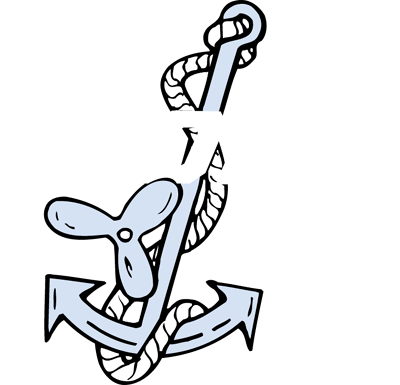The Rule Of Continuing Jurisdiction – A Case Of First Impression
USCG v. KWAME RAY MORRIS
APP. DEC. 2712[January 5, 2016]
We do not see many cases of first impression in Coast Guard administrative proceedings so this one is of interest for that reason alone. But this is also a case with several a curious twists. This mariner was selected for and tested positive in a random drug test in Tampa on October 10, 2011. The certified urinalysis collector collected the mariner’s sample, but did not check his ID, a clear violation of 46 CFR part 16, and certain grounds for dismissal of the Coast Guard’s complaint. The Coast Guard filed a complaint against the mariner, and in his answer, the mariner admitted jurisdiction but denied the remaining allegations. On May 23, 2012, the mariner’s license expired. The Coast Guard then moved to withdraw the complaint arguing that the ALJ no longer had jurisdiction. The ALJ denied the motion in June 2012. The original hearing on August 20, 2012 was continued when the mariner’s counsel withdrew. At the subsequent hearing on November 8, 2012 , in another first, the mariner was apparently represented by his mother, who was identified as his “designated representative” [presumably meaning that she was not an attorney]. The mariner’s mother did well. On March 11, 2013, ALJ Michael J. Devine dismissed the Coast Guard’scomplaint for failure to prove full compliance with part 16. When the Coast Guard appealed, the issue of jurisdiction went before the Commandant as an issue of first impression. The issue was not as clear as might be thought. The Coast Guard argued from App. Dec. 2141 (WADDY) (1978) that the holding of a license at the time of a hearing, not at the time of a conviction is necessary to establish jurisdiction; and from App. Dec. 1566 (WHITE)(1966) that no suspension or revocation proceeding may be held against an expired license. The latter authority would seem to have been on point. The Commandant however did not agree, shrugging is off by saying merely that the two decisions “shed little or no light on the case”. [We’ll have to remember that phrase the next time we are arguing against the precedent of an appeal decision.] Instead, the Commandant looked to other federal and administrative proceedings, where the rule of “continuing jurisdiction” applies. Under that rule, a court that has acquired jurisdiction cannot be deprived of it by subsequent events in the course of the proceedings, even though those subsequent events would have prevented jurisdiction in the first instance.
EVALUATION: The ultimate result, of course, makes eminent good sense, particularly since it is consistent with most other areas of federal jurisprudence. But, the case might prove to be helpful in a future circumstance where prior Commandant Appeal Decisions, unfavorable to a mariner, are murky, or not quite on point, but the rule more favorable to the mariner is clearly established in federal and other administrative proceedings.
